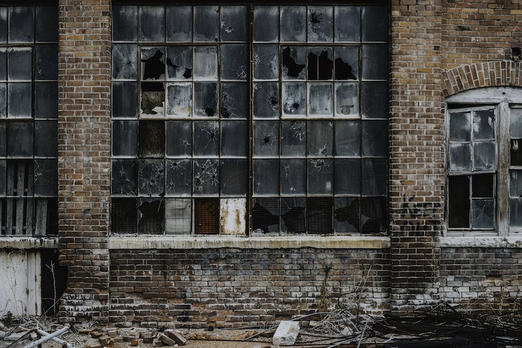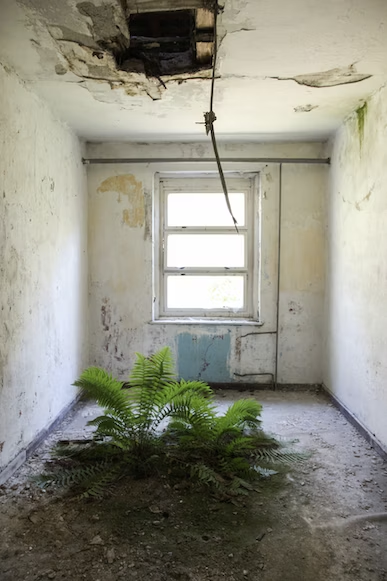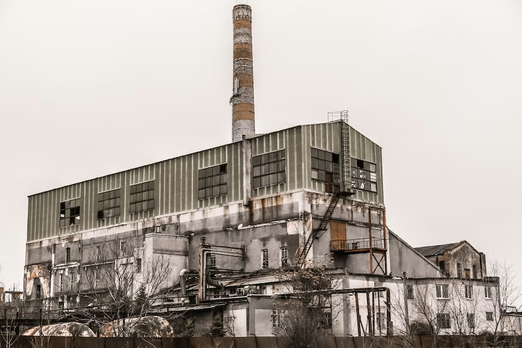PROJECT HAVEN
Turning rust areas into safe co-working spaces for kind individuals and communities.
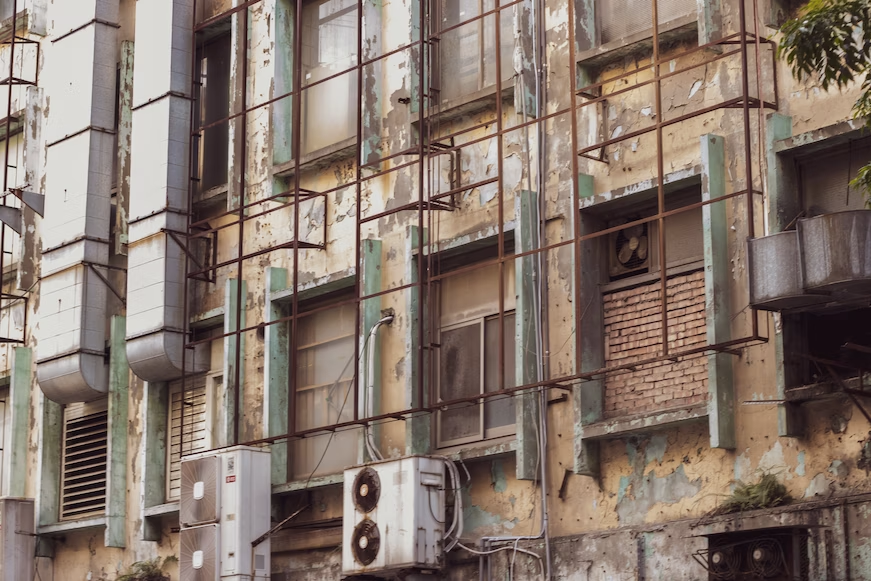
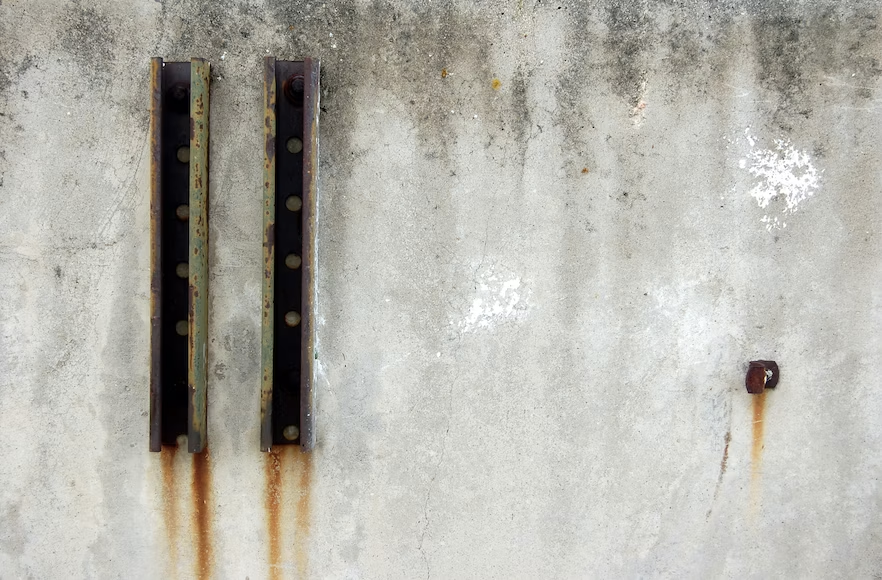
haven
noun
UK /ˈheɪ.vən/ US /ˈheɪ.vən/
a safe or peaceful place
about the concept
Haven would be a co-working and community space for people seeking valuable connections. Haven aims to provide a space for knowledge sharing, collaboration, community building and impact-driven, conscious work. This co-working space could serve as a bridge between companies and communities to share knowledge, experience and values around social and environmental challenges. It would be a circular, environmentally friendly facility, built with the intention of bringing a sense of purpose and new life to abandoned rust areas, while also serving the surrounding local community.
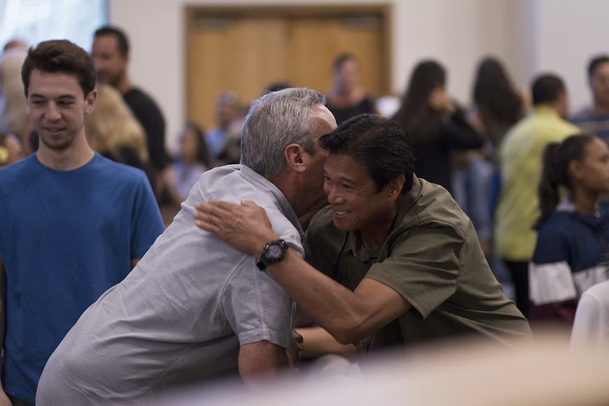
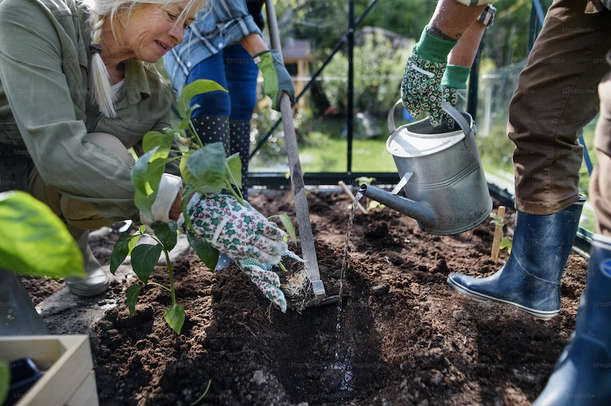
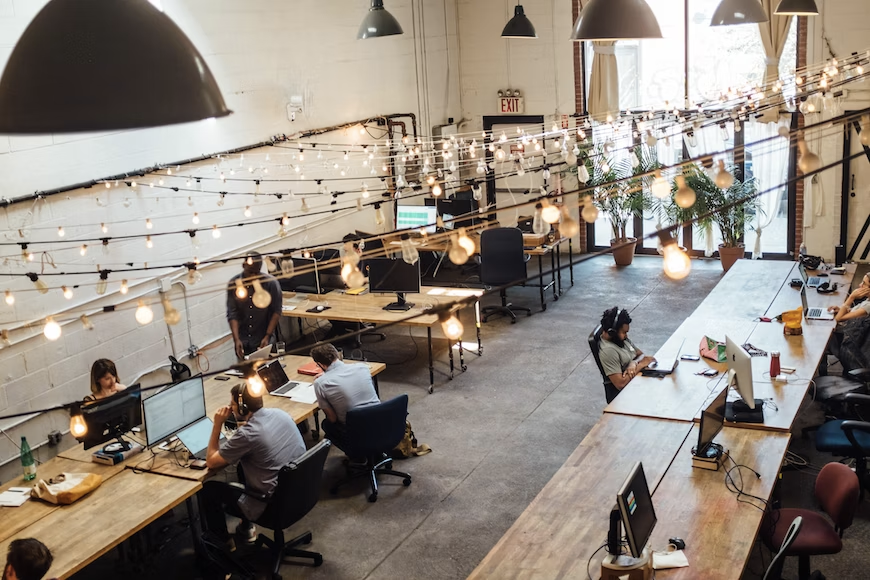
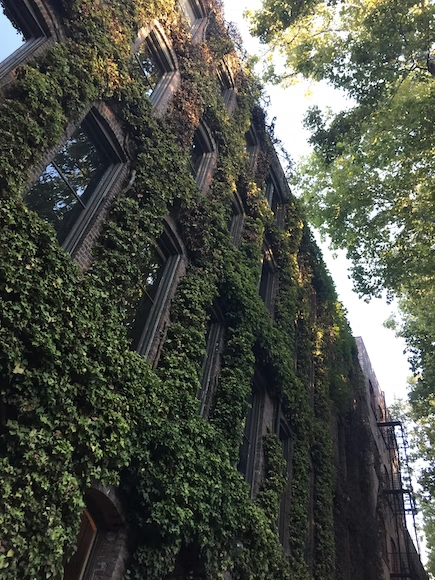
Wasted land
Industrial buildings in Hungary have played a significant role in the country's economic development over the past century. From the 19th century onwards, Hungary's industrial sector grew rapidly, with many factories and mills being built to support the country's booming economy. Today, many of these have lost their original function and have become abandoned, leading to a waste of land and opportunities.
These rust areas should be returned to the communities around them so that they can continue to enable change in the surrounding space. With the right investment and support, Hungary's industrial heritage can be preserved and converted to modern uses, creating new opportunities and revitalising communities across the country.
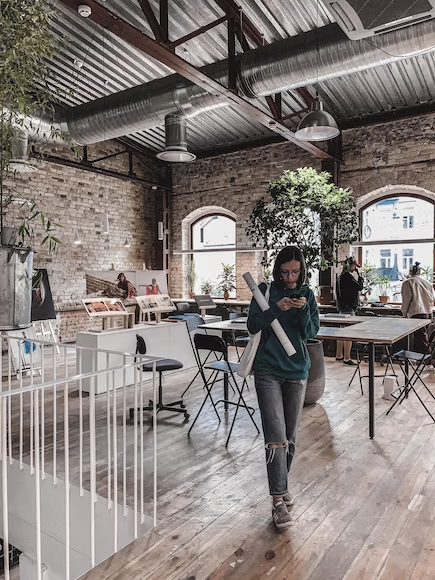
A new approach to working together
After the pandemic, we witnessed a change in the way people and companies approach traditional office spaces. Once they realised that most work could be done efficiently and productively from home, employees began to see offices as places to socialise and connect with colleagues rather than isolated work stations.
With geopolitical and economic changes, companies are now having to consider whether maintaining traditional office spaces is worth it from a financial and operational perspective. Trends show that providing optional co-working spaces for teams may be the likely future of collaborative working.
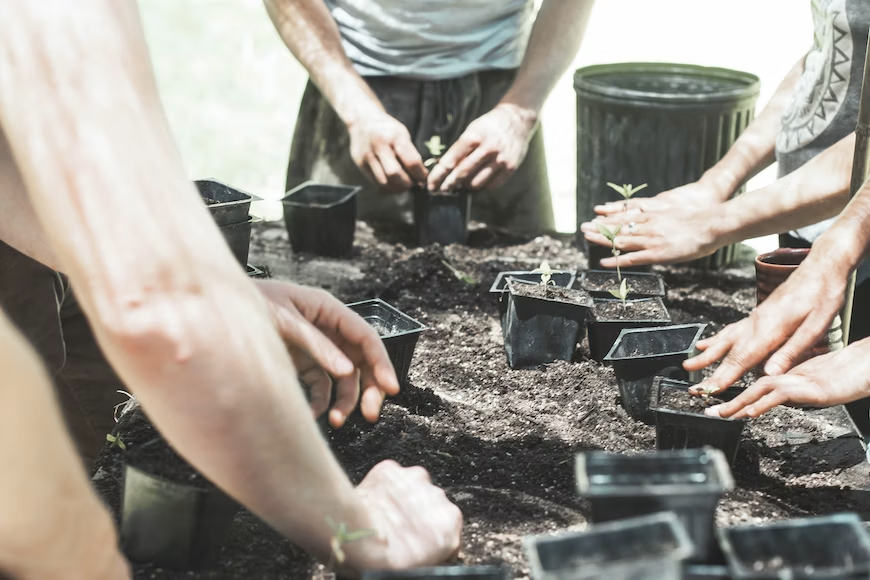
Lack of community spaces
Rapid urbanisation has led to significant changes in the way we live and interact with our environment. While cities bring many benefits, including access to resources, job opportunities and cultural diversity, they also bring many challenges, for example weakening social ties, loneliness, unsustainable living, underserved communities and loss of connection with nature.
As more and more people move to cities, traditional social networks and support systems, such as the extended family and close-knit communities, are increasingly fragmented. The weakening of social ties can lead to feelings of isolation, loneliness and lack of belonging, which can have a significant negative impact on mental health and well-being. These urban communities therefore need spaces to thrive and find each other again.
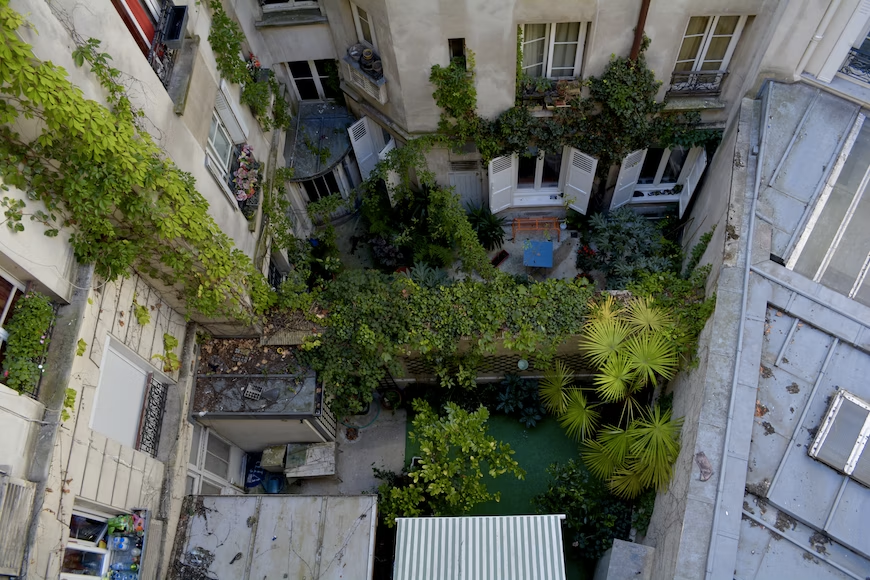
In the service of people
Companies could provide co-working facilities for their employees in environmentally friendly environments, while supporting an initiative that connects companies, employees and local communities.
Employees would have a space designed for their comfort and well-being that not only supports them in their work, but also serves as a hub for meaningful connection and knowledge exchange.
Communities would be provided with an open and accessible space to socialise and create events that benefit them, their environment and individuals who would not otherwise have access to these resources.
Who are we?
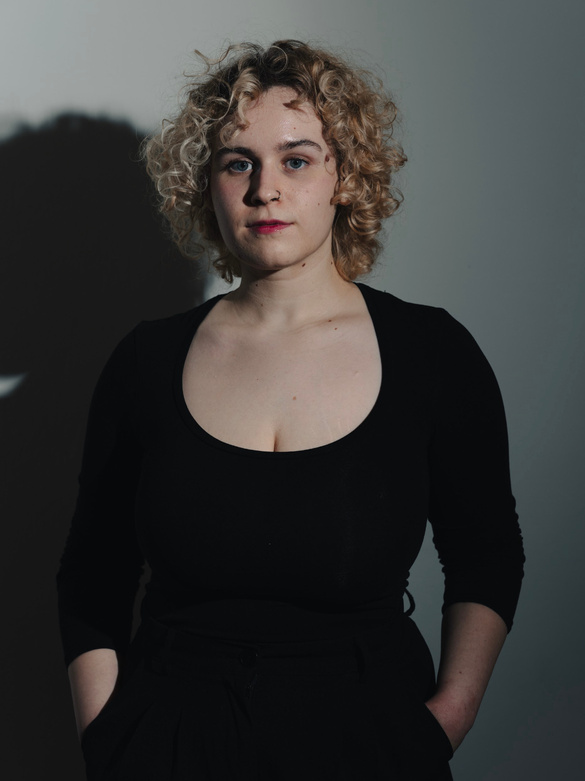
After 10 years together, we believe it is important to educate ourselves on social and sustainability issues and to work on initiatives that contribute to this.

Éden Forgács
Young economics graduate, who aspires to make positive social and environmental changes. They gained experience managing social media and projects at Hungary's largest design university (MOME). This exposure influenced their people-centric and eco-centric approach. Currently, they serve as the Chief of Staff at an impact-driven design agency (Atlas, Rise!), aiming to promote corporate responsibility and create a sustainable future.
Diana Cosa
Interior design student with experience in fields such as project and education management, marketing and social media, sales and client services. Their goal is to design spaces in the future that are accessible and inclusive for all, with a particular focus on individuals living with ADHD and ASD.
